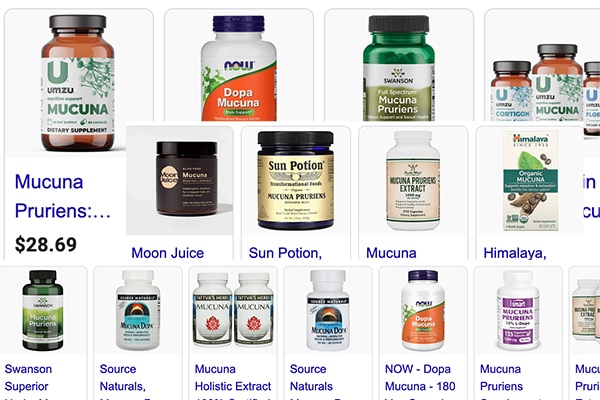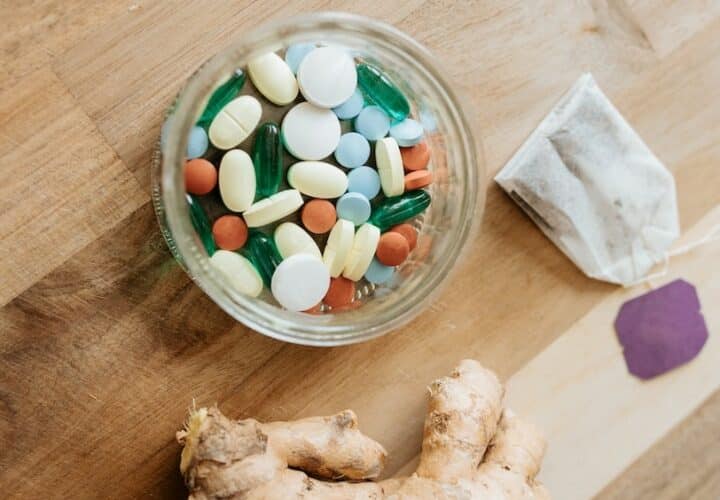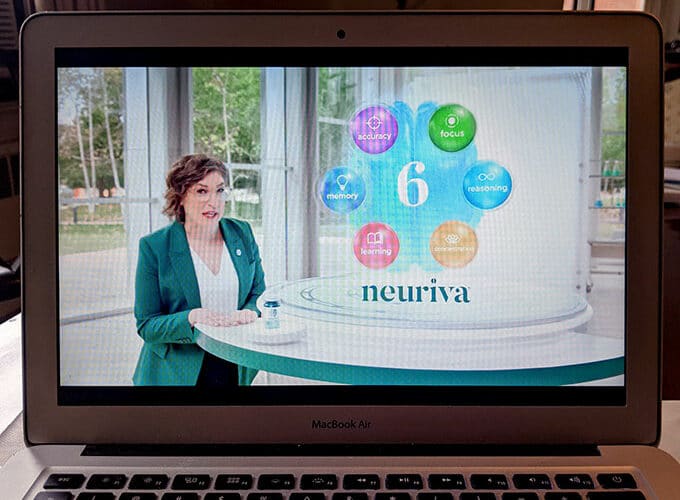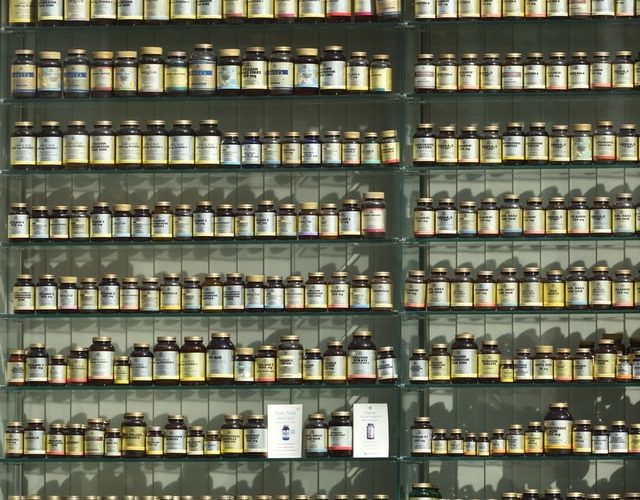A trendy dietary supplement called dopa mucuna appears to contain dangerously high levels of a dopamine-boosting drug called levodopa. Researchers warn of unintended side effects.
Millions of people buy into brain-boosting supplements because they promise a simple solution to boosting cognitive function. Since many supplements contain compounds found in plants, proponents of these products sometimes falsely claim that they must be safe. The latest supplement being called into question is mucuna, sometimes called “dopamine bean” or “dopa mucuna.”
Common across Amazon and other online marketplaces, mucuna supplements’ labels and online reviews claim this dose of dopamine can improve mood, focus and energy, maybe even boost your sex drive and reduce stress.
Pieter Cohen, a physician and researcher at Cambridge Health Alliance and the lead author on a new study on mucuna supplements in JAMA Neurology, first became interested in mucuna supplements when some concerned parents came to him asking him to help their son.
“They believed their son was having serious psychiatric effects from the supplements – and wouldn’t stop using them,” Cohen told Being Patient. This led him to investigate the levels of the active ingredient in these “dopamine bean” supplements — a naturally occurring compound called levodopa — which is extracted from a plant called Mucuna pruriens.
Levodopa in high doses is used as a drug to treat people with Parkinson’s disease, a neurodegenerative condition where dopamine-producing cells in the brain begin to die off. On Amazon, mucuna supplements in pill form vary widely in price: from a more expensive 45-day supply costing $36 to one which sells 240 pills (mucuna mixed with ashwagandha) for $20.
“Some supplements contained more than twice as much levodopa than found in many prescription-only formulations,” Cohen said. To him, this was a big red flag.
While levodopa can increase dopamine levels to treat the symptoms of Parkinson’s disease, he explained, too much levodopa can cause problems including dizziness, constipation and diarrhea. At its most extreme, levodopa may cause hallucinations and other worrying symptoms that sometimes resemble schizophrenia.
Dietary supplements make upare a $40 billion dollar industry, but the marketing claims made by these products, which are not regulated by the Food and Drug Administration, making this medical empire more of a “Wild West.” The industry also employs celebrity spokespersons like Neuriva Plus commercials feature Big Bang Theory star and Jeopardy co-host Mayim Bialik (who incidentally has a PhD in an unrelated area of neuroscience but no academic publications).
Despite big claims by these supplements’ makers and by their celebrity spokespersons, credible, peer-reviewed studies have shown that, generally, dietary supplements don’t have meaningful physical or cognitive health benefits for otherwise healthy people. In fact, some studies have shown that they may cause harm due to undeclared, dangerous or illegal ingredients.
Cohen and his colleagues compared the amount of levodopa in supplements found in the database maintained by the National Institutes of Health to extracts from the actual bean. They found that the mucuna supplements contained between 230 and 2,200 percent more of the dopamine precursor than the extract from the actual beans.
How commonly is the supplement used? This issue hasn’t been widely addressed by researchers, though another study in 2019 surveyed 205 people with Parkinson’s and found that more than five in six of them are taking dietary supplements to help treat the disease. Seven percent of that group reported using mucuna.
“There has been no studies outside of patients with Parkinson disease — but there is plenty of social media buzz on the use of these supplements to improve mood,” Cohen said. Under careful consultation and care of a doctor, they may supplement the treatment of Parkinson’s.
Cohen added, “Nothing prohibits ‘botanical’ supplements from being formulated into potent prescription-type drugs — and when this happens, the risks to consumers are unpredictable.”




